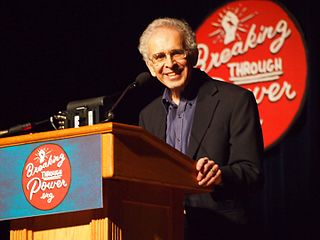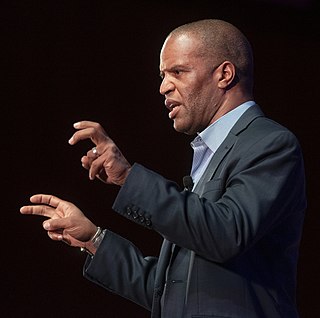A Quote by Ronald Coase
The tools used by economists to analyze business firms are too abstract and speculative to offer any guidance to entrepreneurs and managers in their constant struggle to bring novel products to consumers at low cost.
Related Quotes
Consumers are realizing the benefits of in-car entertainment and navigation systems. When used properly, these products are great tools that help drivers focus on the road. Consumers need to remember to follow state laws, watch the road and use common sense when putting these and other products to work.
The problem with Wal-Mart is that it's a business model premised on offering the customer low prices at any cost - any cost to society, any cost to workers. They've got a lot of competition and have influenced people to follow their model through simply providing a model that is so successful at making profits.
When we spoke about workplaces in 1972 we mainly were referring to old-line manufacturing firms, on the one hand, and Main St. shops and restaurants, on the other. Both of those categories are now insignificant in terms of employment. Today, the economy is dominated by the rapidly growing Low-Cost Operators - national discount and mall chain stores, fast food franchises and supermarkets - which offer employees low salaries, few benefits and little training.
The capitalistic social order, therefore, is an economic democracy in the strictest sense of the word. In the last analysis, all decisions are dependent on the will of the people as consumers. Thus, whenever there is a conflict between the consumers' views and those of the business managers, market pressures assure that the views of the consumers win out eventually.
The essence of a successful business is really quite simple. It is your ability to offer a product or service that people will pay for at a price sufficiently above your costs, ideally three or four or five times your cost, thereby giving you a profit that enables you to buy and to offer more products and services.
While big-business leaders and firms can be highly productive, servants of consumers in a free market economy, they are also all too often, seekers after subsidies, contracts, privileges, or cartels furnished by big government. Often, business lobbyists and leaders are the sparkplugs for the statist, interventionist system.
Consumers will purchase high quality products even if they are expensive, or in other words, even if there are slightly reasonable discount offers, consumers will not purchase products unless they truly understand and are satisfied with the quality. Also, product appeal must be properly communicated to consumers, but advertisements that are pushed on consumers are gradually losing their effect, and we have to take the approach that encourages consumers to retrieve information at their own will.
Part of America's industrial problems is the aim of its corporate managers. Most American executives think they are in the business to make money, rather than products or service. The Japanese corporate credo, on the other hand, is that a company should become the world's most efficient provider of whatever product and service it offers. Once it becomes the world leader and continues to offer good products, profits follow.



































